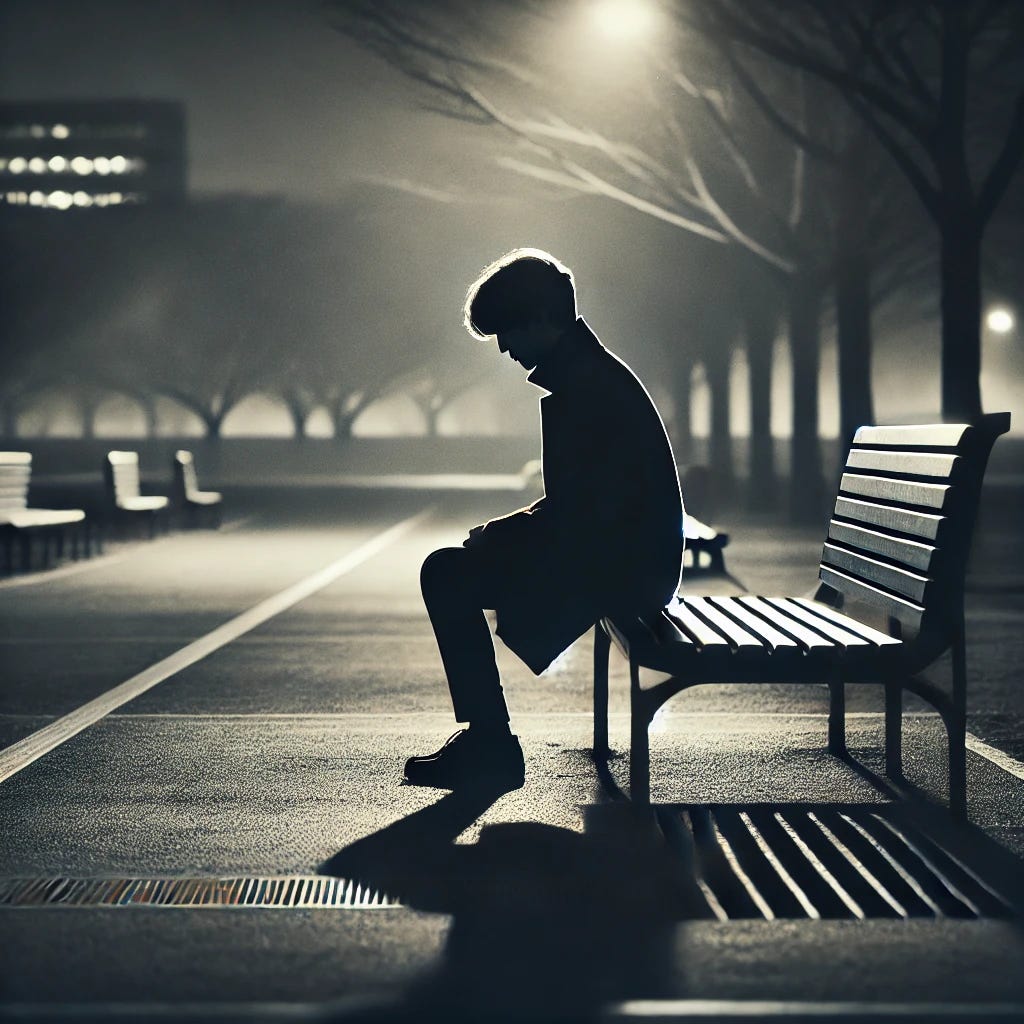Looking back at my previous posts, a clear theme emerges. I realize that almost all of them—and there aren’t many—center around my parents. It makes sense. Our caregivers shape so much of who we are. Though my relationship with them had its moments of strain, it was largely a positive, transformative experience. Now that they are both gone, their lessons resonate even more. In today’s world, some land with an almost explosive force.
I did not often agree with my parents’ political ideals. However, my siblings and I were raised to question, debate, and challenge ideas, including theirs. Differing thoughts were welcomed, but empathy was non-negotiable.
Empathy was the one principle on which we were allowed, even encouraged, to call out hypocrisy. It didn’t happen often, but when it did, they would admit when they fell short. Their values were clear. They lived them, and they instilled them in us.
When she caught one of us openly staring at someone, my mother wouldn’t scold us. Instead, she’d make us engage respectfully. If we saw someone with an unusual hairstyle, she’d help us shape our curiosity into a thoughtful question rather than silent gawking. For example, if it was a mohawk, she’d nudge us to tell the person we thought their hair was cool, then ask them how they styled it, slept with it, and maintained it. Curiosity was never a tool of dehumanization. It was to be paired with compassion.
When we encountered stories of abuse or neglect, our parents didn’t dismiss them with blanket statements. They made us think. They asked what we felt and what questions the situation raised for us. We discussed what might have led to it, who could have intervened, why they didn’t, and what role we could play in improving things. They encouraged us to act on our convictions and to engage in issues that moved us.
We never had much, but charity was part of our lives. We “adopted” children for the holidays, donated toys, gathered food for drives, and helped neighbors in need. It wasn’t a separate, special act of kindness; it was just what we did.
They encouraged us to read, watch, and listen. No topics were off-limits, and no person was deemed unworthy of our concern. We weren’t particularly religious, but the ideals of loving your neighbor and treating others as you’d want to be treated were absolute.
So, it baffles me when people say they don’t concern themselves with issues that don’t directly affect them. I can’t not think about it.
I don’t know how to make you care about other people. I don’t have the magic words to transform a narrow worldview into a broader one. What does it take for someone to realize that we’re all in this together? None of us are getting out of this alive, so we might as well act like a collective rather than isolated beings.
Some days, it feels like we’re facing an epidemic of selfishness. And yet, it coincides with an epidemic of loneliness. Perhaps those two things are more connected than we realize.
We are not alone—at least, we don’t have to be. Yes, there are people with bad intentions in the world, but they are not the majority. If we open our hearts, we’ll see that there is still more good than not. Let’s amplify that. Consciously give space and attention to recognizing our shared humanity. Highlight the beauty in the world.
It’s a dark time for many people today. My mental health is constantly at odds with my need to be informed. I encourage you to seek out the light and act with compassion. We desperately need it.







